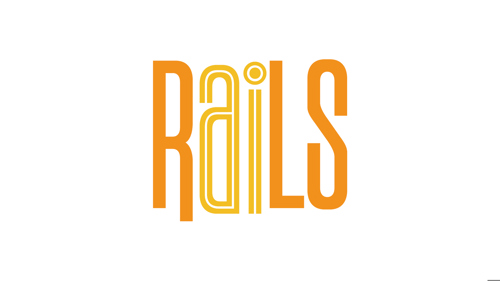Oxford Robotics Institute | Projects - RAILS, Responsible AI
Responsible AI for Long-term Trustworthy Autonomous Systems (RAILS)

Our starting point in RAILS is the understanding that autonomous systems (AS) do not exist in stasis - they are frequently designed for dynamic environments, and may also be designed to change themselves over time. RAILS tackles the challenges associated with the long-term operation of autonomous systems and the effects of change on these systems. In particular, we will focus on two main challenges that have hitherto been little-studied:
(i) open-ended dynamic environments and
(ii) lifelong learning systems
RAILS will explore independent long-term autonomy systems in different applications. These will include i) autonomous vehicles and ii) autonomous robot systems such as unmanned aerial vehicles (drones). These categories of system have been chosen because although operating in different environments, they share enough common features that some aspects of the work will apply to all use-cases, while other areas will be unique. Moreover, RAILS builds out from the TAS RoAD project which investigates responsibility in the context of autonomous vehicle (AV) data. RAILS will extend this work from data to processes (e.g. risk assessment and learning) and from autonomous vehicles to autonomous robot systems (e.g. drones).
RAILS draws on interdisciplinary research expertise from engineering, law, social science, and computer science to interrogate regulations, standards, methodologies, impacts, and public acceptance around the long-term operation of autonomous systems from technical, ethical, legal and social perspectives. RAILS is founded in a responsible innovation approach that seeks to foreground prospective conceptions of responsibility. The technical and contextual questions cannot be isolated from each other - RAILS will therefore address both autonomous systems and the legal and social frameworks within which they operate. The common factor across these socio-legal frameworks is their connection to dimensions of responsibility, care and accountability. These responsibility-dimensions are directly related to public perceptions of trustworthiness, so RAILS’ work is rooted in these perceptions in order to offer a trans-disciplinary framework that incorporates nuanced, context-specific and varied understandings of responsibility.










